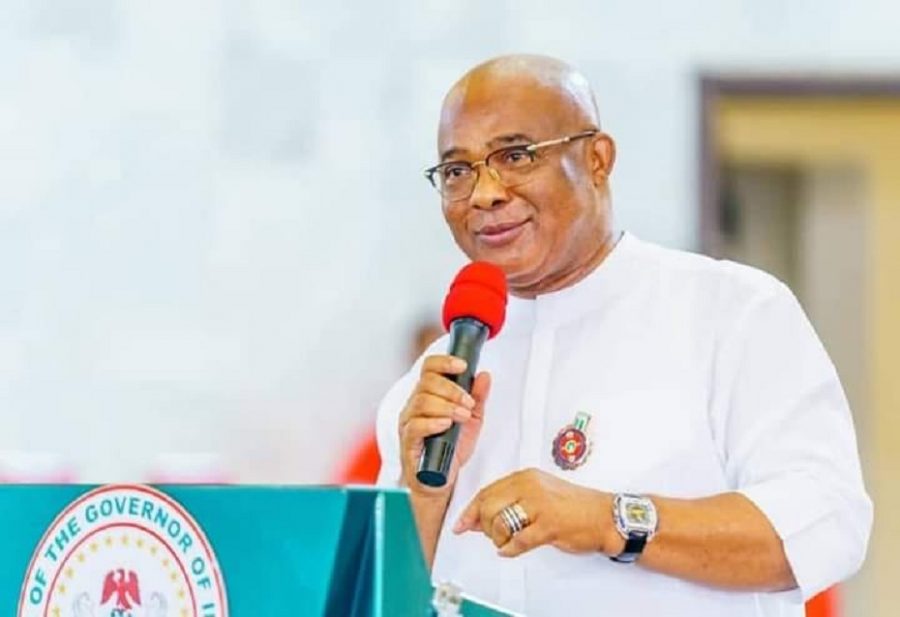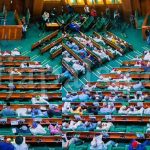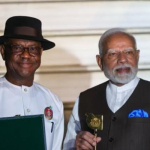The Imo State House of Assembly has passed a vote of confidence on Governor Hope Uzodinma, lauding his administration’s achievements and ongoing projects. The motion, presented on November 19, 2024, by Deputy Speaker Amara Chyna Iwuanyanwu and seconded by House Majority Leader Kanayo Onyemaechi, was sponsored by 20 members of the Assembly. However, the decision has drawn mixed reactions from residents.
Deputy Speaker Iwuanyanwu described Uzodinma’s administration as “people-oriented,” highlighting numerous infrastructure projects, security initiatives, and economic policies aimed at positioning Imo State as a model in Nigeria. He condemned what he called “malicious propaganda” by detractors and urged lawmakers to focus on sustaining the progress made under Uzodinma’s leadership.
The Assembly Clerk, Barrister Chinelo Emeghara, has been directed to formally communicate the resolution to Governor Uzodinma.
While supporters of the motion applauded the legislators for recognizing the governor’s performance, critics questioned the necessity of such a move, accusing lawmakers of neglecting their primary duties. Many citizens called on the Assembly to focus on pressing issues such as rural road rehabilitation, improving security, and addressing the rising cost of living.
Retired principal Osondu Hyacinth Eriaja expressed dissatisfaction, stating, “A vote of confidence is not a legislative function. Lawmakers should concentrate on passing laws that address critical state issues rather than engaging in praise-singing. The governor has aides to showcase his achievements; lawmakers should focus on their constitutional responsibilities.”
Similarly, others argued that lawmakers should prioritize resolving challenges like bad roads, insecurity, and inadequate healthcare facilities. “The vote of confidence is unnecessary when there are bigger problems affecting the people,” said a trader in Owerri.
On the other hand, Ugochukwu Akagha defended the Assembly’s decision, noting that legislators have the right to commend the executive when justified. “It doesn’t stop them from carrying out their legislative duties. Acknowledging the governor’s good works can foster unity and progress,” Akagha remarked.
Some residents urged both the legislative and executive arms to work collaboratively while maintaining their independence. “Commendations are fine, but they should not come at the expense of solving pressing state issues. Both arms must prioritize the people’s needs,” said a public affairs analyst in Orlu.
Governor Uzodinma’s administration has faced criticism and praise in equal measure. Supporters point to his investments in infrastructure, particularly road construction and urban renewal projects, as proof of his commitment to development. However, opponents highlight persistent issues such as unemployment, security challenges, and the high cost of living, which they argue require urgent attention.
The Assembly’s vote of confidence has reignited discussions on the role of lawmakers in evaluating governance and whether such resolutions distract from more critical legislative responsibilities.







2 Comments